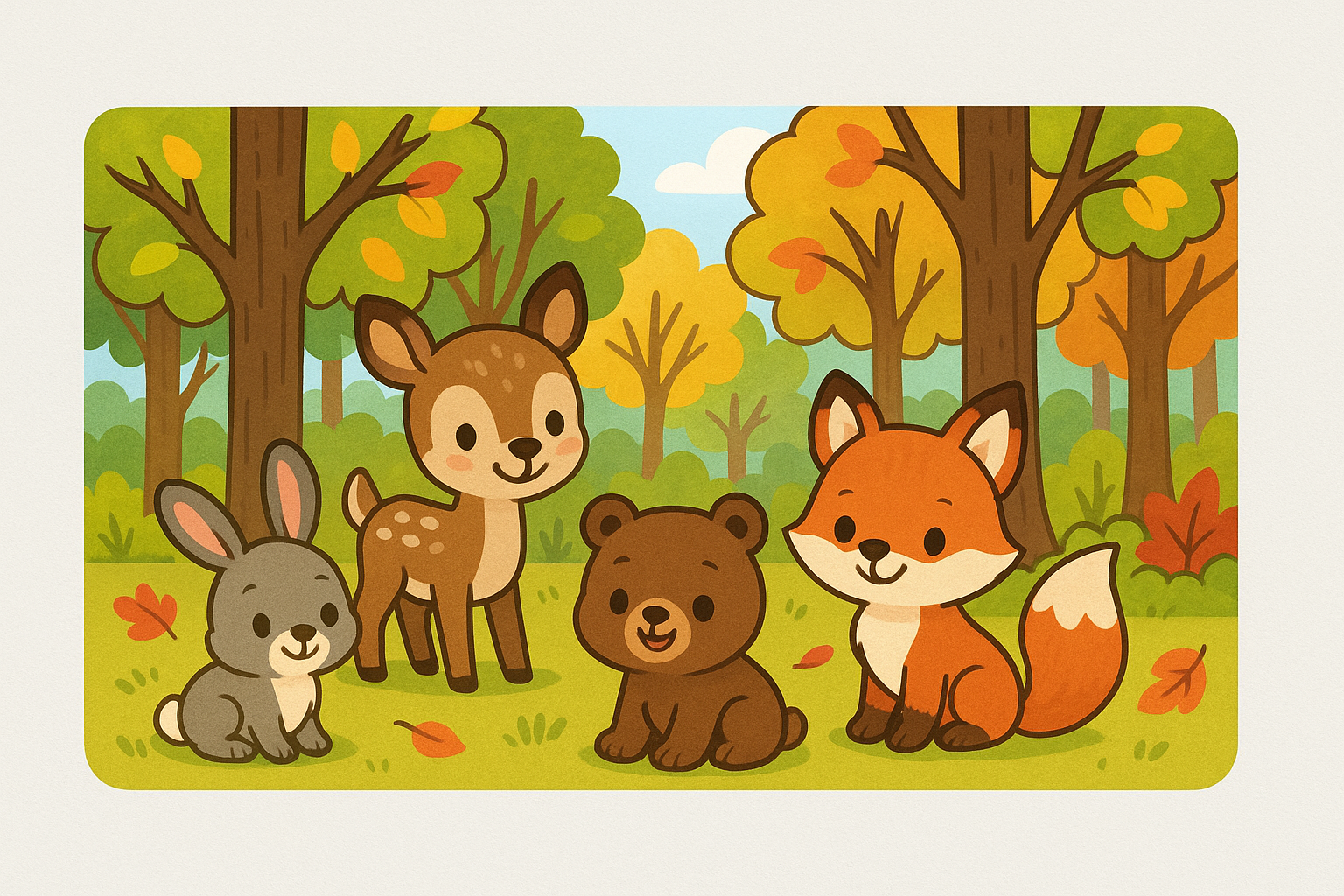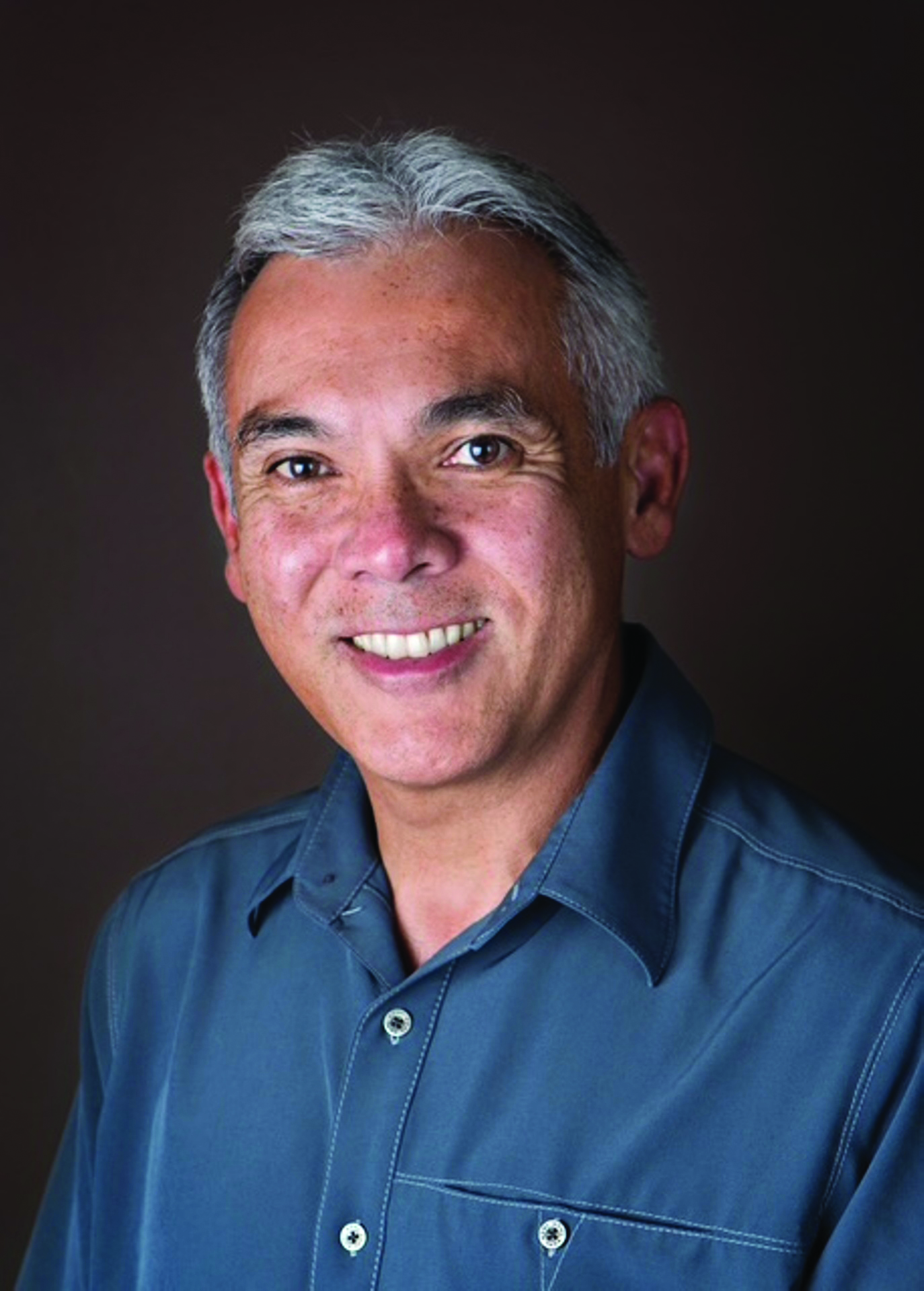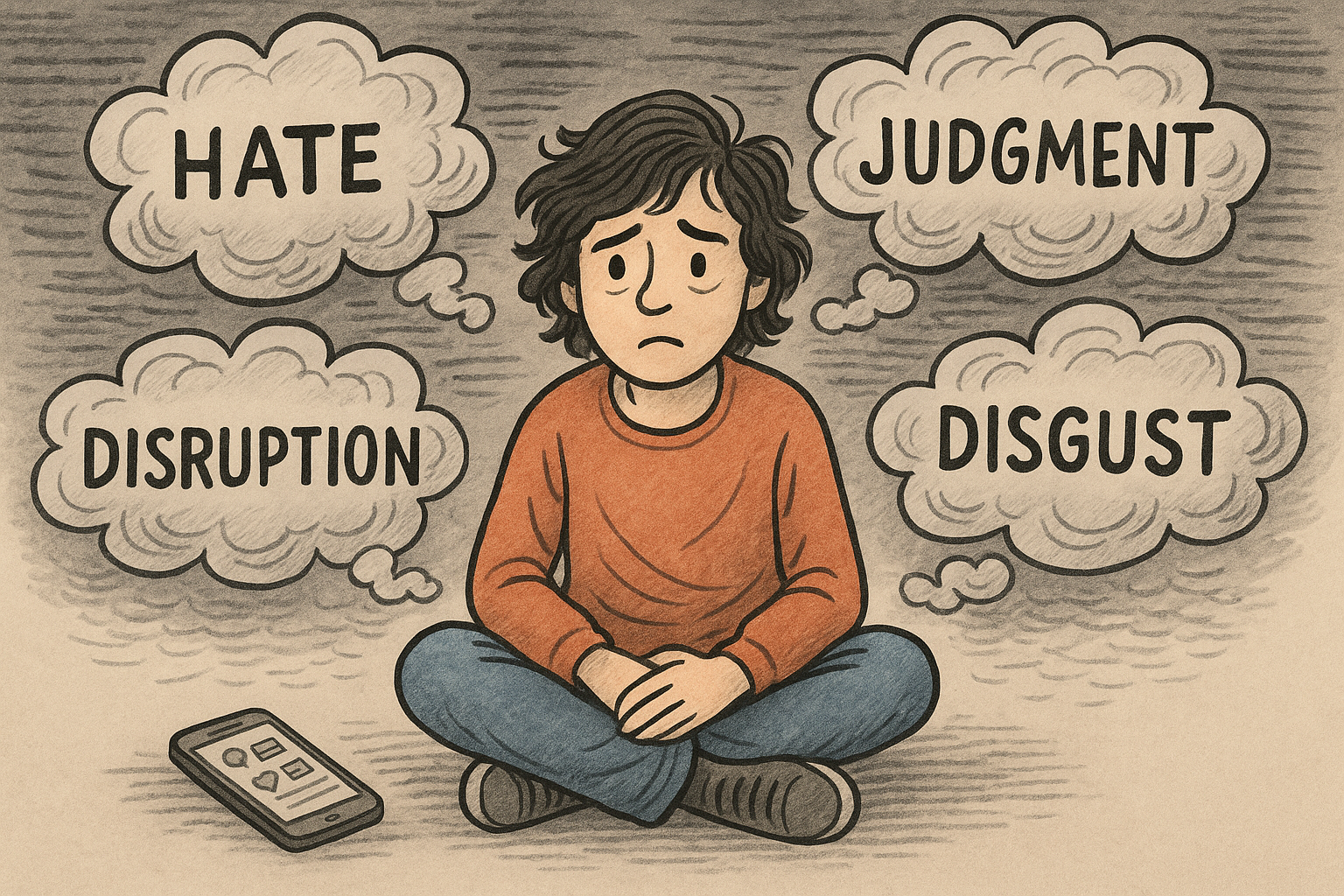BY AARDE WRITES for WEEKY VOLCANO 7/1/25 |
Hey Aarde,
August feels like standing on a threshold—summer isn’t quite over, but there’s a shift in the air. There is a tension between wanting to savor the last golden days and needing to prepare for the emotional shift that autumn brings. What are some ways I can honor both—staying present while also gently preparing myself mentally and spiritually for the darker season ahead?
Signed,
Winter Is Coming
Hey Winter Is Coming,
Our sun entered the vernal equinox, reaching the northernmost point from the equator on June 20, and will cross the equator from north to south, marking the autumnal equinox on September 22. That gives us ninety-four days of blissful, sun-drenched Pacific Northwest fun—ninety-four days full of festivals, swimming, hiking, traveling, dining al fresco, outdoor shows, gardening, and harvesting. Just like any animal entering hibernation, our bodies recognize this liminal shift and crave direction, safety, and security. Connecting our mind to our body will help make this transition a beautiful process. Not only is it important to reflect on the benefits of summer, but it is equally important to recognize the power that winter holds.
As we step over the liminal line, I recommend the practice of savoring each experience—slowing yourself down to truly honor summer and its offerings, such as the sweetness of corn on the cob, the way the sky turns pink at 8:30 p.m., and the smells and sounds of neighbors barbecuing and playing outdoor games. I know a few of my friends are getting in as many outdoor pickleball games as possible before the weather forces them to play on indoor courts. Gratitude journals can be a helpful tool, encouraging you to slow down, take the time to identify and name what you’re grateful for, and even revisit past journals to remind yourself of the winters you’ve survived—and what it is about the end of summer that genuinely makes you feel alive.
I am a creature that appreciates ceremony, so I focus on picking a few ceremonial “lasts” for the season. This summer, I haven’t done as much hiking as I initially intended. So, instead of mentally punishing myself for not meeting my goal, I’m planning a ceremonial last hike of the season, where I will reflect on what prevented me from hiking more. I am sure the answer will lie in the abundance of summer I’ve had—rich with river trips, friends, gardening, and new chicken mama duties. Additionally, participating in seasonal annual activities, such as picking blackberries and blueberries to enjoy with ice cream while watching a backyard movie projected onto a crisp white sheet, can be a satisfactory send-off for summer.
I am always grateful for the lessons of the autumnal trees, which teach me the importance of letting go with softness. I take this lesson with reverence as I prepare my home for the winter. I clean out closets, corners, and cabinets of things unused or unwanted. I wash the summer pollen from my windows to allow as much light as possible for the darker days coming. I bring my rugs outside to beat and let the sun and air reach through their fibers. I take pride in my transition, creating a nest for me, my family, and my animals. I love to rearrange my books so that the ones that are patiently waiting are in one accessible stack, and the ones I’ve completed are proudly on the shelves. I declutter my space so that my nest is inviting, warm, and ready to stoke the heart within the home.
You may find that grief enters the seasonal transition as summer lingers, with shifting light at angles that reflect nostalgia for childhood years gone by—serving as a poignant reminder of the inevitable time we are constantly losing and marking an emotional threshold of significant change. Yet grief is an essential part of life; it not only represents death but also the stillness needed to compost fertile soil. Dormancy is not absence—it’s incubation, and our emotional selves need rest after expansion. After spending time outdoors with neighbors, the community, and the ever-exciting world around us, we become depleted, and it is only fair to our human bodies and universal minds to allow them a rest period.
Here are a few questions to focus on as you have one foot in summer and the other in winter: Can I slow down even during times of transition? Can I listen to what my inner world needs as much as I listen to what the outer world offers? Can I hold gratitude and grief at the same time? What in me is still in bloom? What in me has been harvested and now needs to replenish its soil?
Along with grief, we may also see its sidekick, guilt emerge as we slow our bodies down; we may feel a sense of social guilt for becoming stagnant. Perhaps a fear of missing out or falling behind creeps in. Let’s not forget the ease of emotional bypassing when we are too busy to feel—slowing down forces us to reflect on our personhood and the expectations of ourselves and those around us. Instead of working outside in the garden or building a fence with our hands, we are now to tend to our inner gardens and fences with our minds. I am a firm believer in reframing guilt from something wrong to something necessary. Guilt is often associated with “performing,” but when we are alone, we are simply existing—and existing involves transformations. We can hear our intuition more clearly and process things that were too tender or too loud during the summer in the quiet, dark months. We begin to ask deeper questions—not about doing, but about being.
Here are some statements of affirmation to help you focus on reframing guilt and regrets: Let the heartbreak rot into compassion. Let the missed opportunity become deeper discernment. Let the joy that’s passed fertilize my gratitude for what’s to come.
When I notice guilt (or any other emotion, for that matter) enter me, I softly name it: “I notice guilt is here,” followed by a statement to my inner self: “It is okay to rest. Everything living knows how to slow down when it is time.” Talk to yourself as you would a child—with patience, kindness, and simple reframing. Change the way you talk to yourself, and it will change your life. These tips will all help you shift your focus from what was to what’s next.





